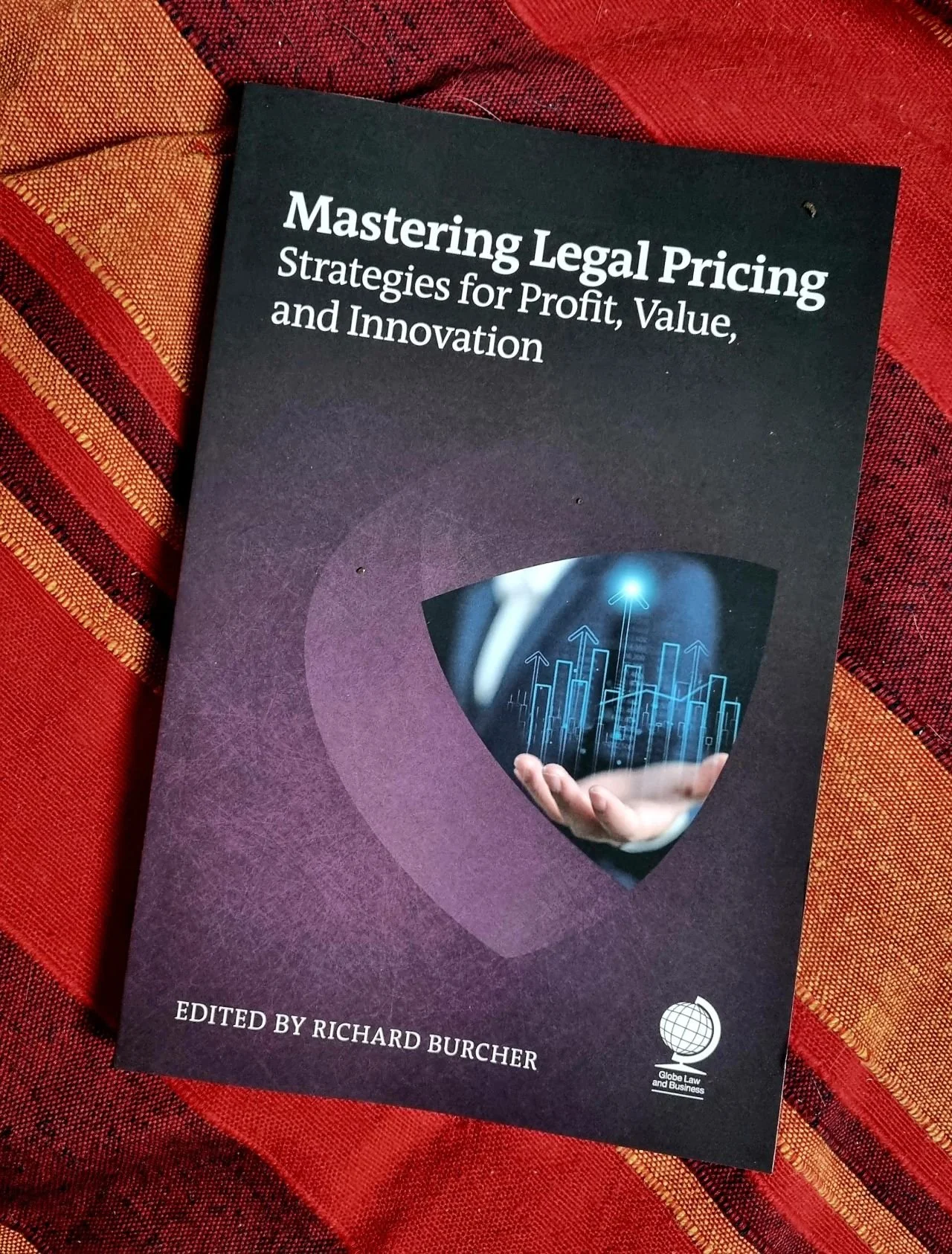Mastering Legal Pricing: Strategies for Profit, Value & Innovation
/“Mastering Legal Pricing: Strategies for Profit, Value & Innovation” is a new publication from Globe Law & Business, edited by Richard Burcher, with insights from Tim Corcoran on the link between pricing and law firm partner compensation.
Read More






